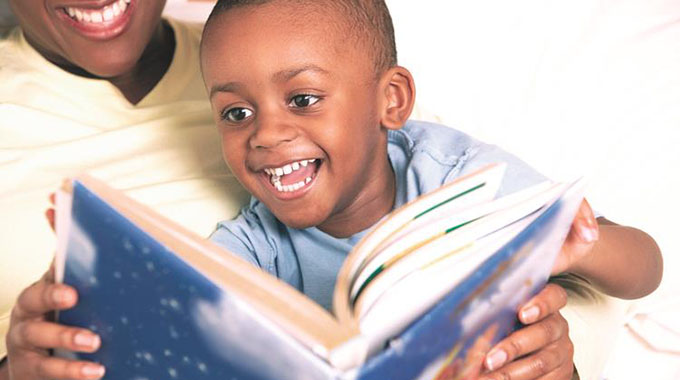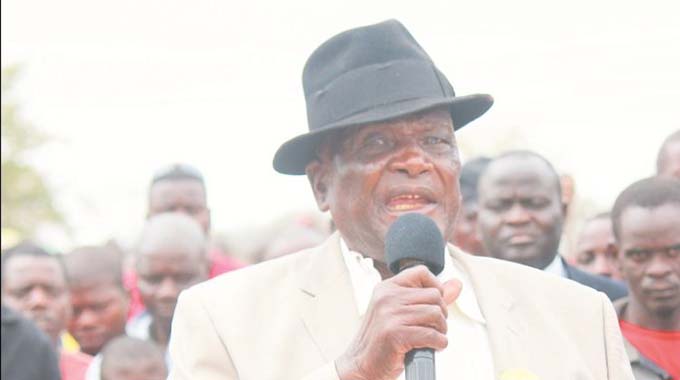Reading books will give millennials the freedom, liberation they need

Gus Ricksecker Correspondent
I normally ignore the (sometimes) good-humoured bashing of millennials’ life choices. Are we on our phones too much? Yes. Do we lack the personal responsibility generations before us had? Probably a stretch. But there is one particular accusation of the millennial age group I find alarming: We don’t read.
I could list off the many scientific studies appealing to scientific research which conclude that reading is a great cognitive exercise, but let’s be honest: that wouldn’t influence you to pick up a book for leisure anyway. Instead, I simply ask you look around you.
See arguments that resemble incoherent screaming matches rather than civil debates? See one-dimensional people who can’t hold a conversation outside of their topic of study? Most importantly, see people so completely sucked into the drudgery of daily routine they never stop to ask the big questions?
Society is increasingly obsessed with “spectacle” — a concept which philosopher Guy Debord coined in 1967 in response to civilisation’s increased psychological dependence on mass media.
He hypothesised that personal autonomy changed drastically following the post-industrial influence of mass media outlets. Information is alarmingly condensed and packaged to fit the market demands of society and thus has gradually devolved into shorter blips which can be easily manipulated to fit a narrative.
So long as we consume — as we love to do — the system will continue to feed itself. Decisions which most assume they make independently have little defence from the multitude of mass media influences constantly force-fed through technology. Apps such as Instagram and Twitter promote the notion that the world is simple, suggesting we are worth as much as the things we buy and the appearance we maintain.
Our actions have no meaning beyond the role they play in an individual’s upkeep of the status quo. Despite our enumerated freedoms, people in this light appear less free than ever. Reality and self-identity have become so defined by the market and spectacle, it is hard to differentiate fact from fiction anymore. This world does not care about the real you, and it certainly does not care about the truth.
What does this have to do with books? Philosopher Herbert Marcuse describes liberation in the form of a “Great Refusal”. We must protest self-induced repression and struggle for the ultimate form of freedom: to live our lives unbound by the chains of society.
Almost all news sources millennials frequent have become part of the spectacle. So long as the spectacle captures our mindless attention and keeps us from thinking deeply, we will not be free. Thinking critically is the path to liberation.
Good books break us free from this trance. They take us from the bounds of reality into the world of fantasy like a work of art should. They open the mind to new experiences and thoughts beyond our current comprehensions.
They have the potential to create well-rounded social beings whose expertise extends far beyond the degree or path being pursued. Most importantly, we can come closer to the true nature of the world around us and find ourselves in a good book.
It’s a struggle, and sometimes we find things that challenge the status quo or our preconceived notions. But that’s all part of the excitement.
The status quo is slowly diminishing the importance of thinking deeply and often. Just look around and you’re sure to see plenty of people — even friends — on autopilot. My sincere advice, reader, is to pick up a book — any book — and take off the chains and rose-coloured glasses we all wear for a second to glimpse into a world beyond the spectacle. A world with true meaning. – News Record









Comments